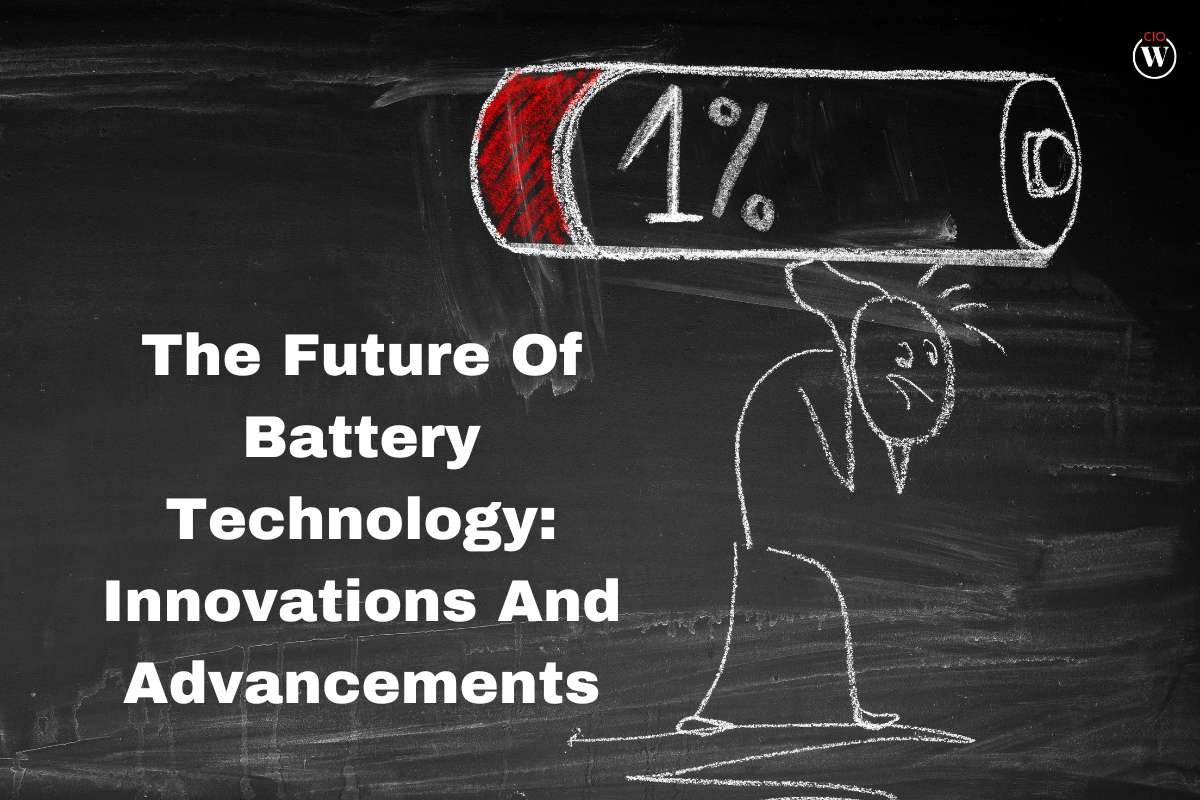Walmart Ends DEI Commitments Under Scrutiny
Walmart DEI, the world’s largest retailer, has significantly rolled back its diversity, equity, and inclusion (DEI) initiatives amid mounting conservative criticism against what activists describe as “wokeness” in corporate America. The company confirmed its policy changes on Monday, which include not renewing a five-year, $100 million commitment to a racial equity center established after George Floyd’s death in 2020 and withdrawing from a prominent LGBTQ+ workplace index.
The Bentonville, Arkansas-based retailer also announced changes to its supplier diversity policies, stating it will no longer prioritize contracts based on race or gender. Walmart clarified that it has never used quotas and will not collect demographic data when assessing grant eligibility. The decision comes amid increased pressure from conservative groups emboldened by the U.S. Supreme Court’s 2023 ruling against affirmative action in college admissions. Lawsuits targeting corporate DEI programs and hiring practices have since proliferated, challenging workplace diversity efforts nationwide.
Conservative Activism Influences Corporate Policies
Conservative commentator Robby Starbuck, a vocal critic of corporate DEI policies, has been at the forefront of the campaign against companies embracing such initiatives. Using social media platform X, Starbuck has singled out corporations, including Ford, Lowe’s, and Harley-Davidson, for their DEI programs. Walmart DEI, with its workforce of 1.6 million employees in the U.S., is the largest corporation to respond to this conservative pushback.
“This is the biggest win yet for our movement to end wokeness in corporate America,” Starbuck wrote on X, revealing his discussions with Walmart executives.
Additionally, Walmart has committed to stricter monitoring of its third-party marketplace to ensure products aimed at minors, including transgender items such as chest binders, are appropriately vetted. It is also reviewing grants for Pride events, aiming to avoid sponsorship of content deemed unsuitable for children, such as positioning family-friendly areas near drag shows.
Broader Implications for Corporate America
Walmart’s policy adjustments align with a broader trend among major corporations revisiting their DEI programs. A company spokesperson noted that some changes, such as the shift from using “DEI” to “belonging” in job titles and communications, were already in progress. The Supreme Court’s affirmative action ruling was cited as a factor in reevaluating supplier diversity initiatives.
The rollback of DEI commitments has sparked debate. Former President Donald Trump and allies like Stephen Miller, leader of America First Legal, have intensified calls to dismantle such initiatives, framing them as divisive. Meanwhile, Democratic lawmakers recently urged Fortune 1000 companies to maintain their DEI efforts, arguing that these policies ensure equal opportunities and foster inclusivity in the workplace.
In its statement, Walmart DEI reiterated its intent to create a sense of belonging for associates, customers, and suppliers while opening doors to opportunities for all. However, the company’s retreat from long-standing commitments signals a shift in corporate America’s response to political and cultural pressures, leaving questions about the future of workplace diversity and inclusion.









